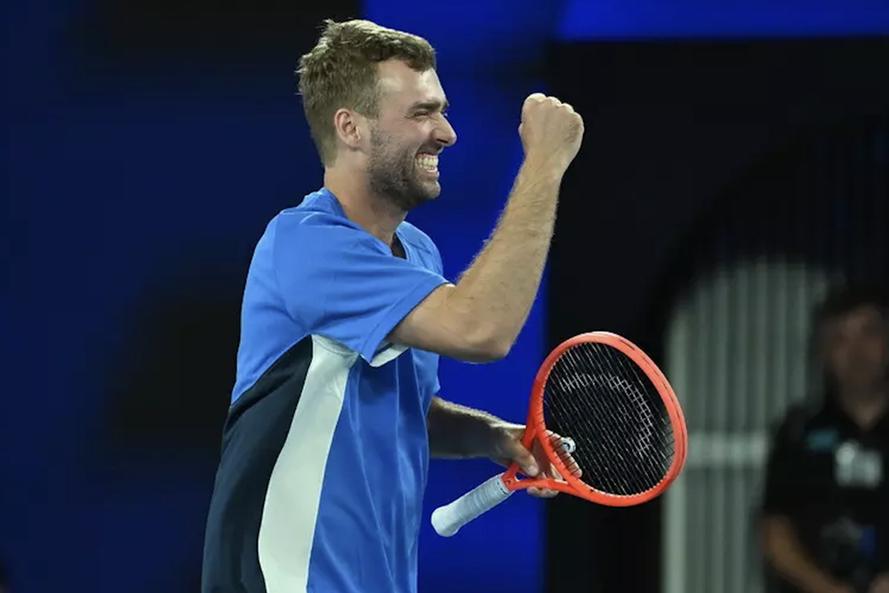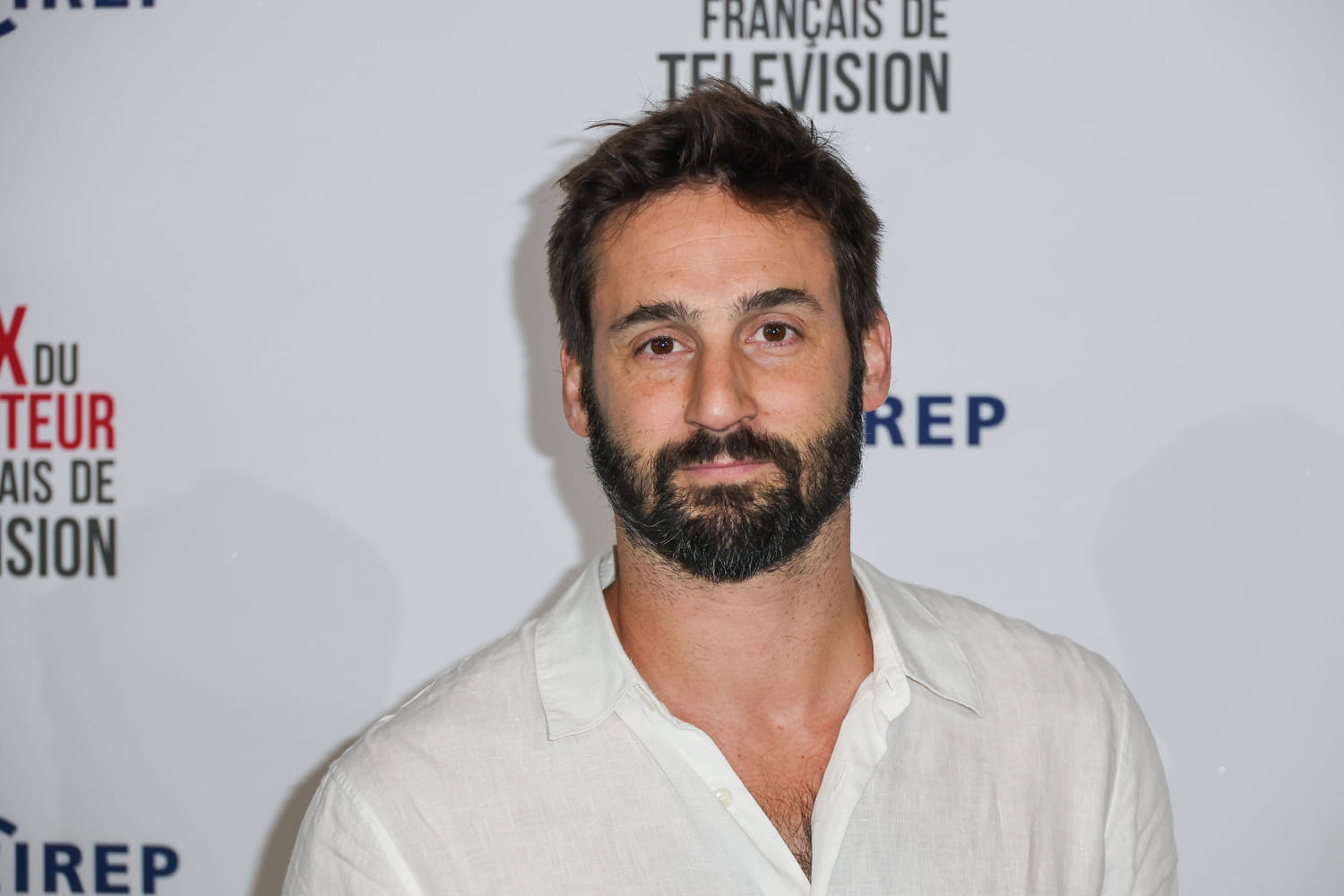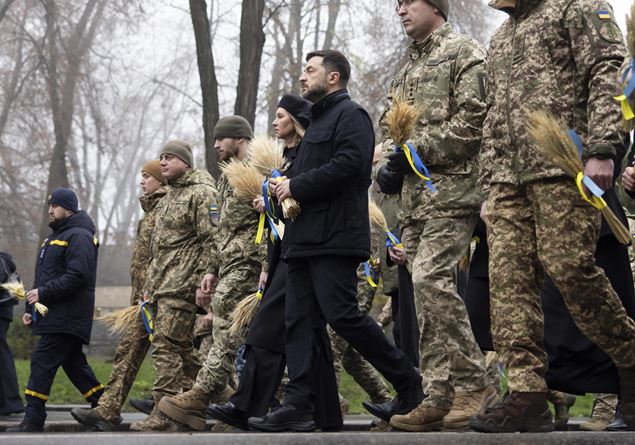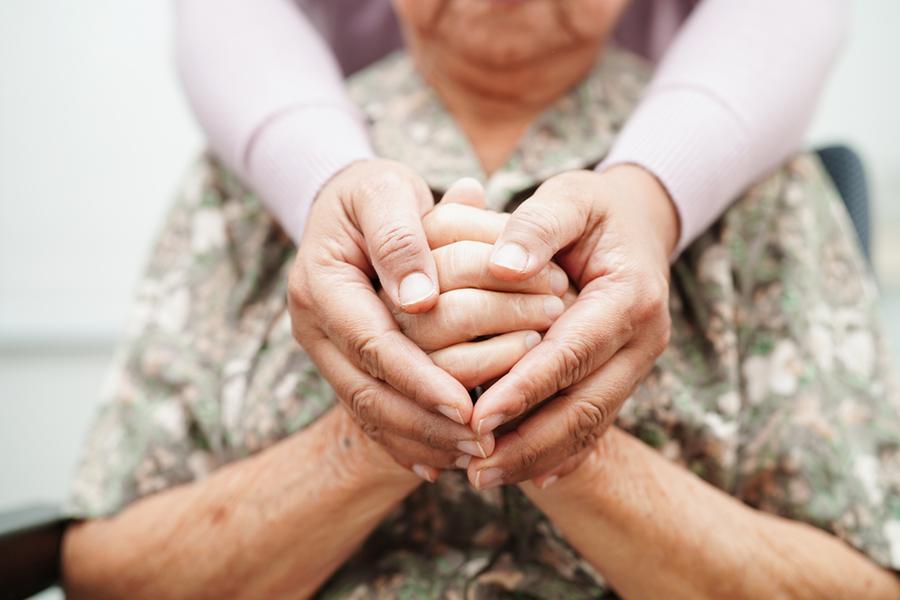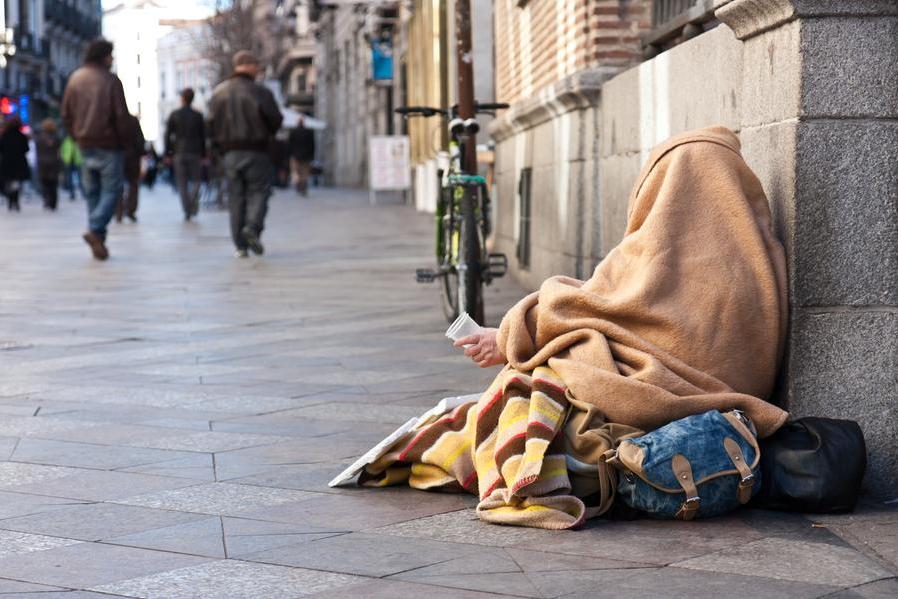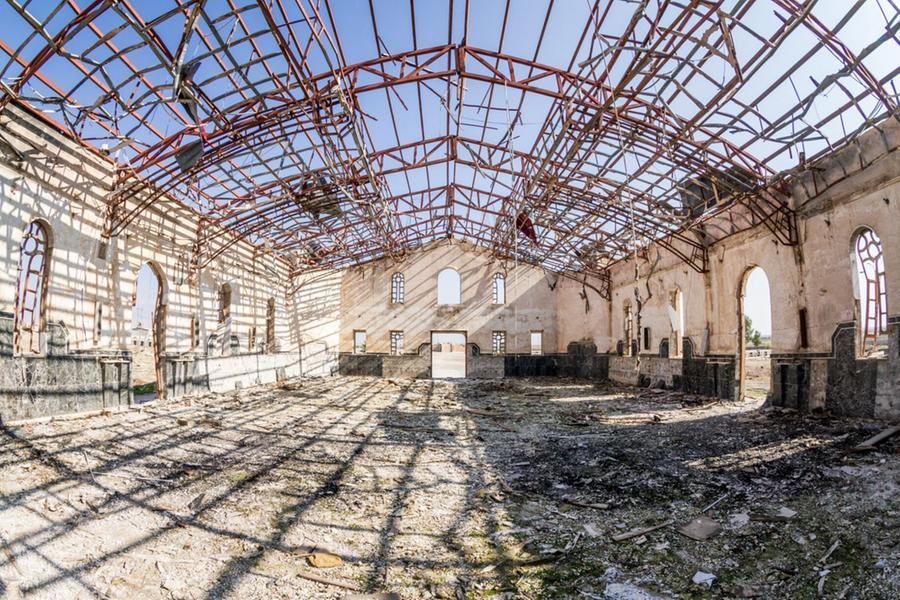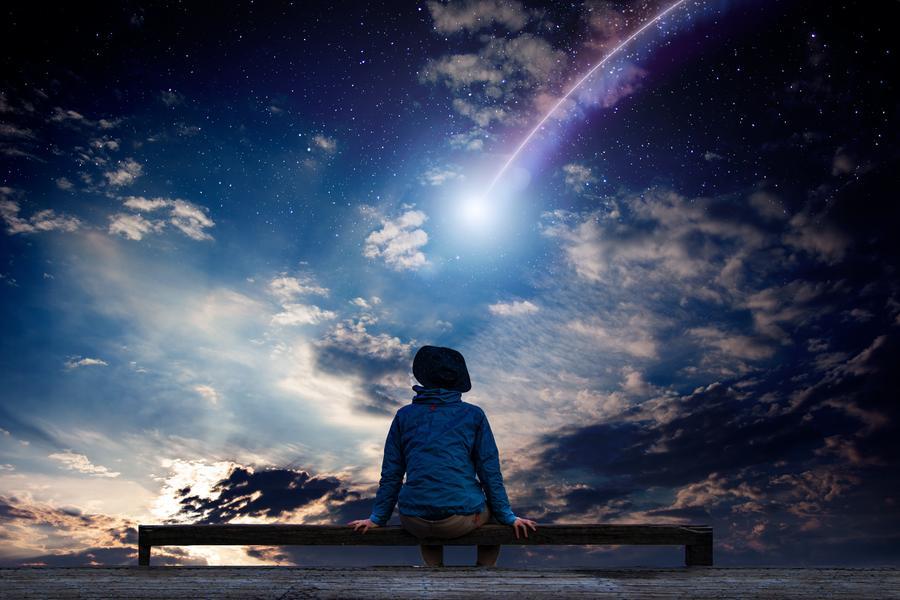Flowers, candles and toys placed at the site of the Russian attack on Ternopil, which caused more than 30 victims (photo Ansa).
«It is getting colder and colder here and electricity blackouts in homes are becoming more and more prolonged. But for this winter we hope for the best.” Anya, 25 years old, an English teacher in a town in the Kyiv region, braces himself as he talks about how he is living in Ukraine these days. He doesn’t want to lose hope. Yet, although the frost has not yet arrived, it is already winter in Ukraine. The country is still terribly shaken by yet another massive Russian offensive which, at dawn on November 19, targeted Lviv and Ternopil, with a storm of 470 drones and 47 missiles.
A massacre took place in Ternopil: thirty-one inhabitants died, including several children, almost one hundred were injured, many people are still missing. The Russian attack in the west of the country, at the gates of Europe, forced Poland and Romania to raise their fighters to protect their airspace. The message from Moscow is clear: the entire Ukrainian territory remains in the crosshairs, a target of the Russians. No region, including those furthest from the front, can be considered safe. Russian forces continue their advance in the East, in Donetsk, in the Zaporizhzhia region, in Kharkiv oblast, where they announced that they had taken, again, Kupiansk, although Kyiv denies the news. Moscow’s objective is to conquer as much ground as possible and consolidate its position in strategic points, on which it can leverage in view of a possible negotiation process.
Meanwhile, in Kyiv and in the European Union there is strong concern and nervousness about Washington’s 28-point plan to end the war. More than a peace plan, a request for Kyiv to surrender, according to numerous observers and a large part of Ukrainians. Because, among the various proposals – including the confirmation of Ukraine’s sovereignty and the guarantee that Russia will not invade neighboring countries – the draft agreement provides that Ukraine completely renounces the Donbas – Donetsk and Luhanks – including the part still under Ukrainian control (which would become a demilitarized buffer zone), Crimea, large portions of the Zaporizhzhia and Kherson oblasts, established on the basis of the current front line. Furthermore, Kyiv will be free to join the European Union, but will never have to join NATO, will have to agree to significantly downsize its army (limited to 600 thousand men), will not be able to host troops from Western countries on its national territory and fighter planes defending Ukraine will be deployed in Poland, thus limiting the ability to deter possible future Russian actions against the country. Ukraine will have to accept that it is not a nuclear weapons state. The plan then talks about the next elections in Ukraine, humanitarian issues, the exchange of prisoners, hostages and civilian detainees, and provides a package of measures for the reconstruction of the country.
“We ask for a dignified peace, which respects our sovereignty and the dignity of the Ukrainian people,” the president said Zelenskywho said he was willing to discuss the draft agreement with Washington. While the European Union works on a draft counter-proposal with conditions more favorable to Kyiv, Putin approves the plan proposed by the US – which effectively accepts all of Moscow’s requests – and Washington issues an ultimatum to Ukraine: if Kyiv does not accept the plan by November 27, Thanksgiving Day in the USA, the United States will block the supply of weapons to the country. Ukraine now finds itself at a difficult crossroads, as Zelensky clearly stated before the nation: “Losing dignity or a key ally.”
With the agreement proposed – and imposed – by the USA, the objective of a just peace inevitably recedes. For the Ukrainians, exhausted by almost four very harsh years of large-scale war, this is the most difficult moment. The need for peace clashes with the bitter realization, for many, that the conditions set for the end of the war are rather a request to Kyiv for a humiliating capitulation. «It is a fact that the war must end. But like every other Ukrainian, I want to make sure that the end of the conflict does not lead to a new wave of attacks by Russia in three, five or ten years.” Commenting is Vadim K.a 35-year-old from Kharkiv who works for non-profit organizations and is married to a girl originally from Luhansk. «Putting myself in the shoes of those who now have to make decisions, I would never accept point number 6 of the plan, which limits the Ukrainian armed forces to 600 thousand men: if we talk about security guarantees, real guarantees are not empty promises like the 1994 Budapest Memorandum (which was then broken by Moscow in 2014). The best guarantee is our army. As for point 13, which talks about reintegrating Russia into the global economic system, in my opinion this would allow the Russians to repair their military losses in the shortest possible time and also expand their military capacity. And, obviously, I do not agree with point 21, on the cession of territories to Russia. Of course I want peace and prosperity for my country. But to achieve them we need a just world, not just on paper. And we must work to correct our mistakes.”
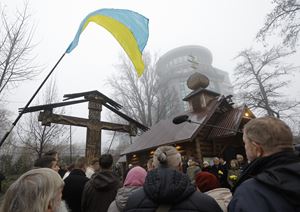
The celebration in Kyiv, on 21 November, of the Day of Dignity and Freedom, the anniversary of the start of the pro-European demonstrations renamed Euromaidan, in 2013 (photo Ansa).).
«All these points are almost indistinguishable from the ultimatums placed by Russia since the beginning of the war», he comments from Kyiv, with a very critical and worried analysis, father Volodymyr L., thirty-year-old Greek Catholic priest, son of a Ukrainian father and a Russian mother, an acute observer of Ukrainian history and politics. These are the days of commemoration of the beginning of Euromaidan, as the large pro-European protests that began on the night between 21 and 22 November 2013 and resulted in the revolution that led President Vyktor Yanukovyc to flee in 2014 were renamed. Today, November 22, is also the commemoration of the Holodomor, the “extermination by starvation” which between 1932 and 1933 under Stalin’s regime led to the death of millions of Ukrainians and which in 2006 was recognized as genocide by Ukraine and other UN member states. «If we go into the details of Washington’s peace plan, the first point confirms the sovereignty of Ukraine», observes Father Volodymyr, “but everyone else just starts denying it. And they not only deny the sovereignty of Ukraine, but also that of the NATO countries. Before the full-scale invasion, Russia presented its ultimatums to NATO. Today they reappear on this plane. The idea of a global non-aggression agreement between Russia and Europe is another pretext for Russia to drag out, negotiate, play on the internal contradictions of European countries and maintain room for maneuver along the lines of “we haven’t managed to find an agreement”.
The plan says that Russia will not invade neighboring countries and that NATO will not expand further. «What if NATO wanted to welcome some other countries? Should he simply give in to Russian blackmail? Everyone knows that giving in to blackmail is a failing strategy: if the blackmailer is not stopped and isolated, in the end he will carry out his threats anyway, obtaining everything he wanted first. As for the promise of “reliable security guarantees” for Ukraine, this is a deception. We have already experienced similar things several times. Even Article 5 of NATO (if a member country is attacked the others must intervene, ed) does not appear to be an absolute guarantee. Why then impose a ban on entry into NATO? This ban is imposed expressly to attack Ukraine again in the future. As long as we are not in NATO, it is easier to do it. The Russians said they did not want the Atlantic Alliance on their borders, but they almost silently accepted Finland’s entry, thus obtaining a longer border with NATO than it would have been with Ukraine. It is clear that the issue is not enlargement or non-enlargement. The issue is Ukraine and its very existence as a state.”
Every point of the plan, according to Father Volodymyr, contains within itself the possibility of a new Russian attack. «Once upon a time, the United States, the United Kingdom and Russia itself promised the inviolability of our territorial integrity in exchange for renouncing nuclear weapons, with the Budapest Memorandum. Today we see the results of those “guarantees”.” The priest continues: «The points relating to the reintegration of Russia into global politics and its impunity through the guarantee of amnesty are absolutely cynical. It is a reinforcement in view of the next attacks and a signal to other authoritarian regimes: territorial claims and conquests by force will be recognized by the international community. Unpunished evil later returns with more force. The lack of punishment for the invasion of Georgia led to the annexation of Crimea; acceptance of the latter led to large-scale invasion and genocide in the occupied territoriesthe. Now not only do we want to avoid any punishment, but we actually want to reward the aggressor. Russia has economic problems and internal social tensions. It needs a break to rebuild its economy at least minimally, but to avoid tensions it will have to continue with new wars. And the Baltic countries understand this better than anyone else.”
From this whole plan, Father Volodymyr further observes, «the greatest benefits, in addition to Russia, are obtained by the United States: net gain at zero cost. This agreement is not about ending the war, but about how Ukraine and the European Union should behave, what benefits the United States should get, and about the complete justification of the aggressor. We are exhausted and desperate, but we still maintain hope. Our only crossroads is: to fight in the hope that the internal processes already underway in Russia will lead to its disintegration, or to be conquered, to see all those who do not adapt to Russian ideology eliminated and the others, those who adapt, sent to the front to fight against European countries, as is already happening with the inhabitants of the occupied Ukrainian territories.”
(Ansa photo above: Ukrainian President Volodymyr Zelensky and his wife Olena at the commemoration, today November 22, of the victims of the Holodomor, at the Holodomor Genocide complex in the National Museum of Kyiv)


